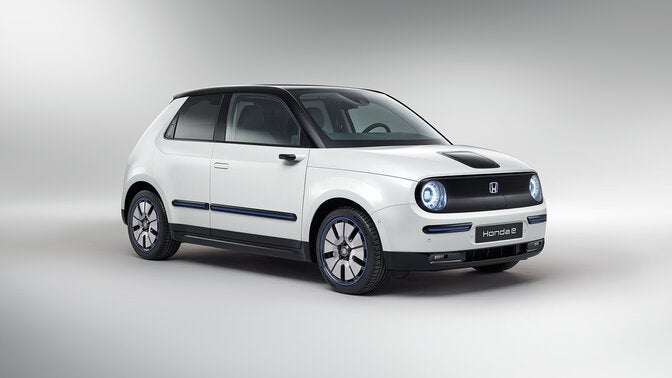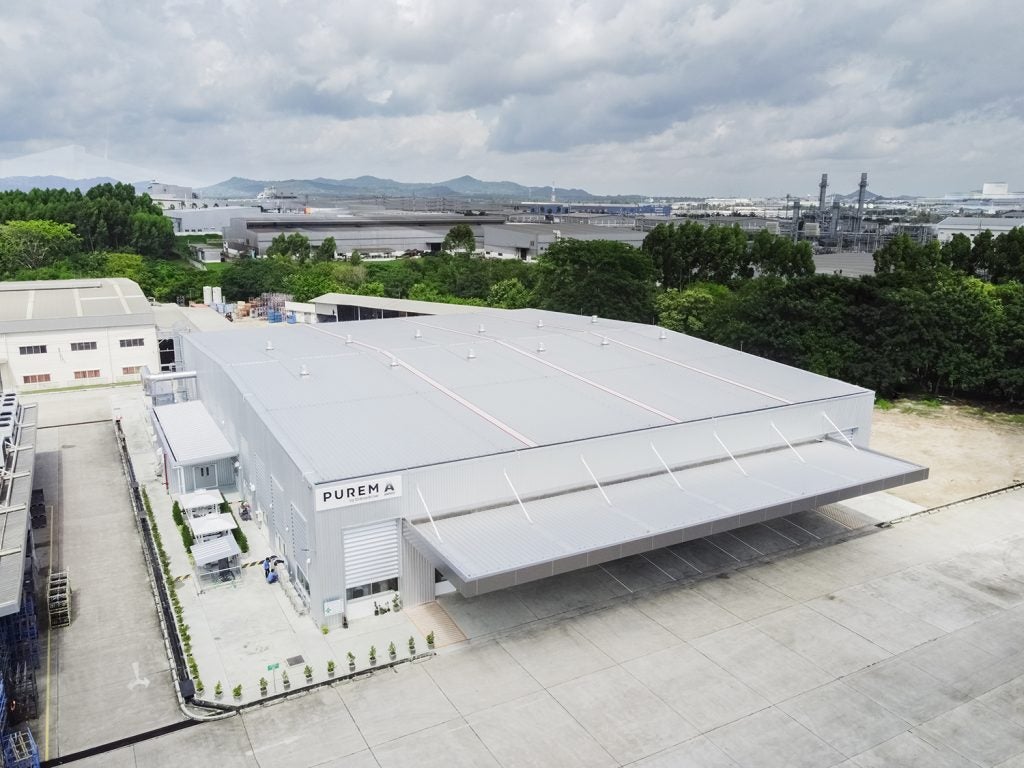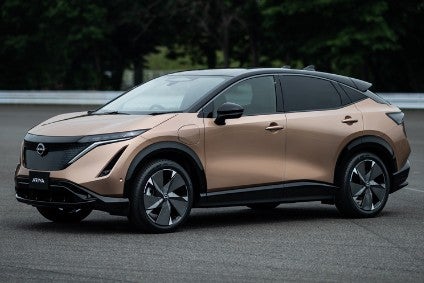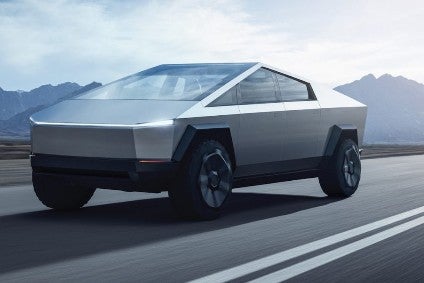The European parliament’s key vote on Euro 7 pollutant standards better reflects industry’s concerns compared to the European Commission’s proposal, but further improvements are still needed, the European Automobile Manufacturers’ Association (ACEA) said on Thursday.
“We have long been advocating for Euro 7 targets and testing conditions that do not make vehicles unaffordable nor jeopardise industry competitiveness – for little or no environmental benefit,” saidd ACEA director general, Sigrid de Vries in a statement. “The environment committee (ENVI) vote is an improvement over the commission proposal, but still falls short in key aspects.
“We should not underestimate the huge progress made by European vehicle manufacturers in reducing pollutant emissions from road transport over the past years. It is simply incorrect to describe Euro 6/VI vehicles as ‘highly polluting’ as some stakeholders do. Euro 6/VI regulations have delivered and are continuing to do so.”
Between the first Euro standard and the first version of Euro 6, emissions were slashed by over 90%, ACEA said. Euro 7 will deliver marginal further benefits, but far greater air quality improvements would be achieved by replacing older vehicles on EU roads with highly efficient Euro 6/VI models, in parallel with electrification.
Ahead of the plenary parliament vote next month, ACEA has called on MEPs to vote for a sensible and proportionate Euro 7 regulation.
"We have long been advocating for Euro 7 targets and testing conditions that do not make vehicles unaffordable nor jeopardise industry competitiveness – for little or no environmental benefit," ACEA said.
















